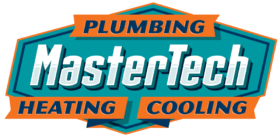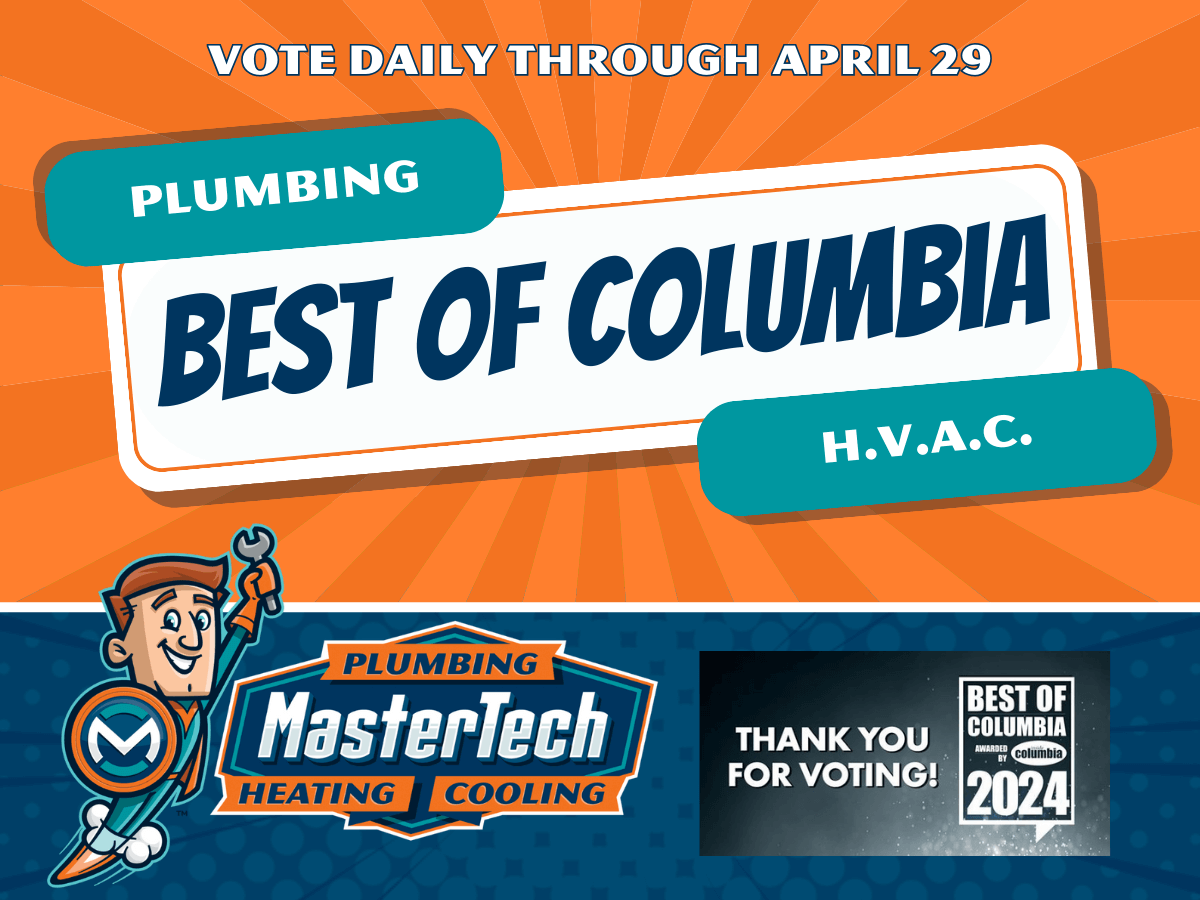When it comes to heating and cooling systems, there are a few different options available. Two of the most common systems are traditional split heating & cooling systems and heat pumps. While both of these systems can effectively heat and cool a home, there are some key differences between them.
First, let’s take a look at traditional split heating & cooling systems. These systems use a furnace to heat the home and an air conditioner to cool it. The furnace is typically powered by natural gas or oil, and it heats the air that is distributed throughout the home through ductwork. The air conditioner, on the other hand, uses refrigerant to cool the air and also distributes it through ductwork.
Heat pumps, on the other hand, use a single system to both heat and cool the home. They work by extracting heat from the outside air (even in cold temperatures) and bringing it inside to heat the home. In the summer, the heat pump can be reversed to extract heat from inside the home and expel it outside to cool the home. This means that heat pumps are more energy-efficient than traditional split systems, as they use less energy to move heat rather than create it.
One of the main advantages of traditional split systems is that they can provide more consistent and reliable heating and cooling. They can also be more effective in extreme temperatures, as they are not as reliant on the outdoor temperature as a heat pump is. However, they can be more expensive to operate, as they use more energy to create heat.
Heat pumps, on the other hand, are generally more energy-efficient and can provide significant cost savings over time. They can also be more environmentally friendly, as they do not rely on fossil fuels for heating. However, they may not be as effective in extremely cold temperatures, as the outdoor air may not contain enough heat to effectively warm the home.
In terms of installation, both traditional split systems and heat pumps require ductwork in order to distribute air throughout the home. However, heat pumps may require additional equipment, such as a backup heating source, to ensure that the home remains warm in extremely cold temperatures.
The choice between a traditional split system and a heat pump will depend on a number of factors, including the climate in which you live, your energy efficiency goals, and your budget. Both systems have their advantages and disadvantages, so it is important to carefully consider your options before making a decision.
3 advantages of a heat pump compared to a traditional split heating and cooling system:
- Energy Efficiency: Heat pumps are generally more energy-efficient than traditional split systems. This is because they move heat rather than create it, which requires less energy. This can lead to significant cost savings on energy bills over time.
- Dual Functionality: Heat pumps can both heat and cool a home, which eliminates the need for separate heating and cooling systems. This can save space and installation costs.
- Environmentally Friendly: Heat pumps are a more environmentally friendly option as they do not rely on fossil fuels for heating. They also emit fewer greenhouse gases than traditional split systems, making them a greener option for those concerned about their carbon footprint.
3 advantages of a traditional split heating and cooling system compared to a heat pump:
- Consistent Performance: Traditional split systems are typically better equipped to handle extreme temperatures and provide consistent heating and cooling throughout the year. This is because they rely on creating heat or cool air rather than moving it, which makes them better suited to extreme temperatures.
- Proven Technology: Traditional split systems have been around for a long time and have been extensively tested and refined over the years. As a result, they are a well-established technology with a proven track record of performance and reliability.
- Lower Upfront Costs: While traditional split systems may be less energy-efficient than heat pumps, they generally have a lower upfront cost. This makes them a more affordable option for homeowners who are not able to make a significant investment in a heating & cooling system at the outset.
At MasterTech, we’re happy to consult with you to determine which type of system best meets your needs. Our comfort advisor will be happy to provide a free quote which includes both types of system so you can compare & contrast them. With summer rapidly approaching, now is the perfect time to get a plan together to prepare for replacing your air conditioner & furnace or heat pump, especially if your current system is getting older, your utility bills are too high, or if you’re system hasn’t been able to keep up.
We offer a variety of excellent financing options (with approved credit) and we’ll help you obtain any rebates available from your local utility provider.


